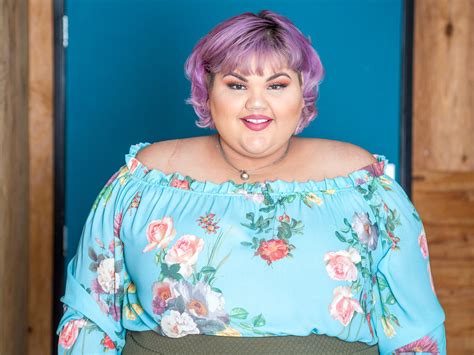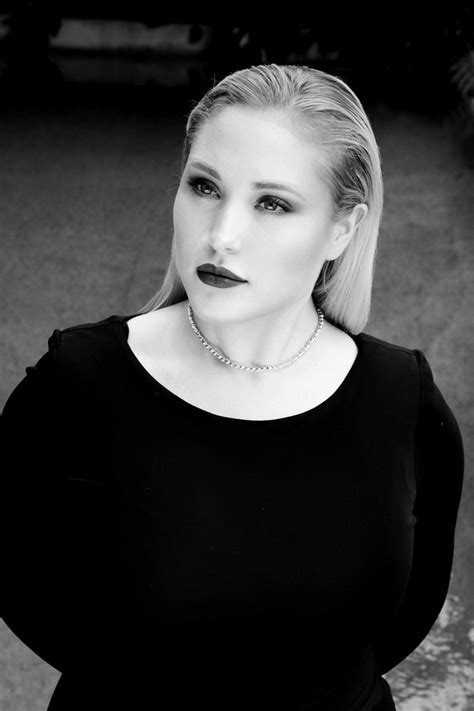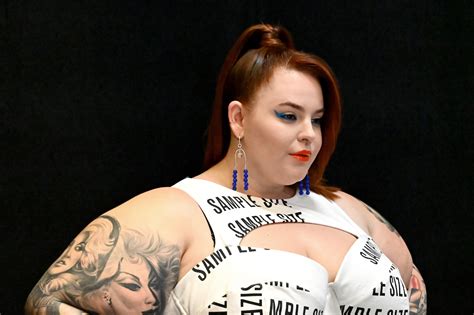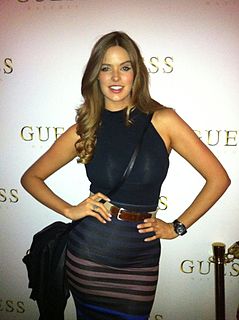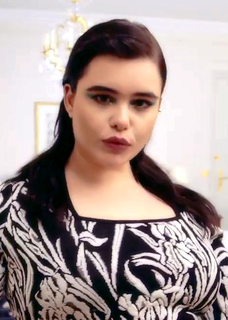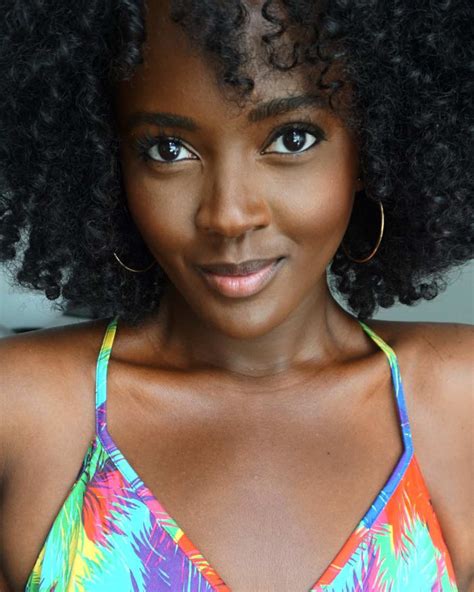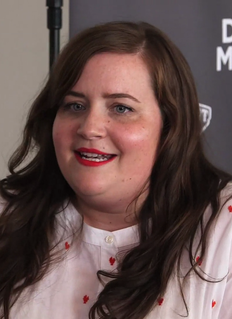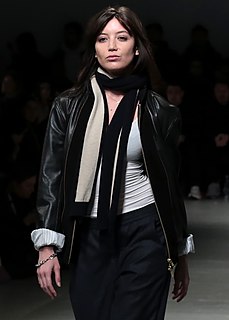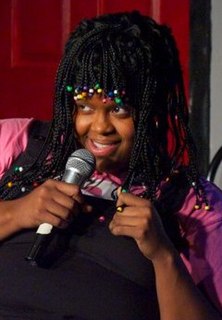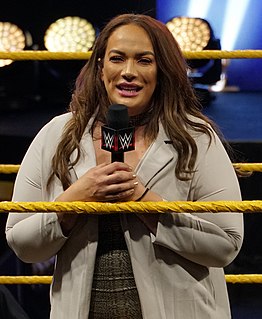A Quote by Ashley Nell Tipton
I think the hardest thing is to design for plus-size women. I enjoyed designing for straight-size because there's no limits. They can basically wear anything, and that's where I was able to have creative freedom with it.
Related Quotes
Most of the brands that have used me don't say I'm "plus-size" - and there are other plus-size girls doing really well. But there is still a gap in "normal size" girls being represented. There are so many size 8 girls in shape; they look hot, but there is a lack of diversity for them. At the moment there's an extreme on both size sides. But it's changing, and that can only be seen as positive.
You cannot determine someone's health by the BMI alone. There are many factors that contribute to the health on an individual. If we're going to start using BMI to police straight size models, what's next? The plus size industry? To be honest, if it was down to BMI alone, most plus size models - including myself - wouldn't be working.
